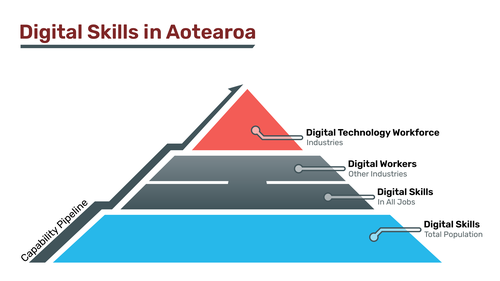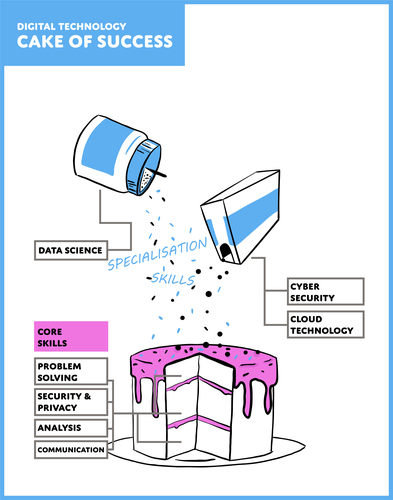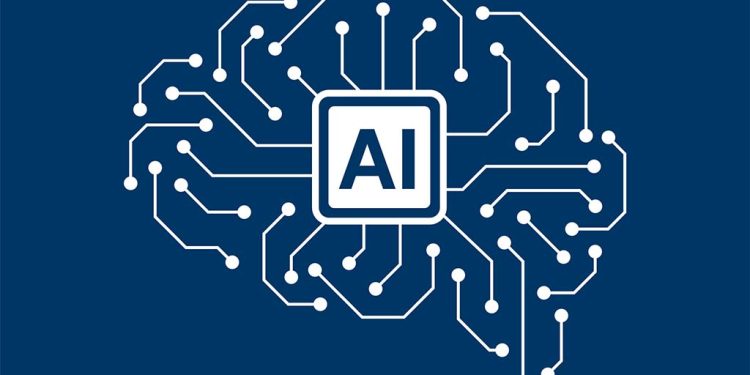One of the magical things about working in digital technology is the ability to pivot and have multiple careers within a single career, there are untold stories out there of business analysts who become project managers and information analysts who become security analysts etc etc. I have had 6 pivots myself all requiring new skills developed, building on each other from the not-so-technical, to really really technical then into leadership with a hand in the technical.
The other wonderful thing is the ability to enter the industry directly from school, higher education or to retrain from another sector and role completely.
To achieve all of this requires a level of scaffolding, learning foundational skills and building on them before diving into role and vendor specific learning. The opportunities are endless.
CS Unplugged teaches 5-10 year olds how undertake the following without a computer:
- describe a problem,
- identify the important details needed to solve this problem,
- break the problem down into small, logical steps,
- use these steps to create a process (algorithm) that solves the problem,
- and then evaluate this process.
Building on that level of basics we also all need to learn about privacy and digital citizenship, how technology works and all hangs together, was of working, controls and processes, concepts of design and user experience and at a high level – before delving into detailed learning – concepts like networks, software development, cloud computing, databases, AI and machine learning, the list is reasonably long.
Different levels of foundational skills are needed depending on the role and point of entry into the digital technology world. To work in the industry (the top piece of this pyramid) for instance usually requires more specialised education than some roles in other industries who are also creating and configuring digital tech.

The Cake of Success
To bake a fancy beautiful delicious cake it needs a good foundation to start from, a basic cake can then have extras added like sultanas or banana or chocolate chips. With a good cake as a foundation you can add tiers, fondant, icing, baubles, flowers, piped fancy icing, sprinkles etc etc. The complexity of the additional elements can be endless – which is why I use this analogy, it’s the same with learning more and more in the digital technology space.

My diagram isn’t brilliant but it’s to illustrate this point.
Vendor Certifications
The vendor community are stepping up to try and fill gaps in the education system but we need to see this with our eyes wide open.
Vendor certifications are specific to their own tools and technologies, therefore they focus primarily on expertise in the toolset vs concepts generally. The risk is while they teach and validate learning of their specific version of something, eg: AWS Cloud computing or Microsoft Azure Cloud computing, they don’t broaden the capability. They don’t teach about the ability to connect disparate vendors technologies or how to interchange when required.
Vocational education courses will often employ vendor products to demonstrate and reinforce a concept for instance using GitHub as a toolset to teach the concepts of source management and version control, but they ensure students learn the concepts and not just the toolset.
Pulling this all together
If you are considering training in the digital technology industry – or giving advice to someone who is – take a good look at the options before just diving in. Have a read of the plan for Upskilling and Reskilling we published earlier in 2022.
Then once you are working in the industry and have the foundation skills required to build on – leap at those vendor certifications whenever they are on offer.





